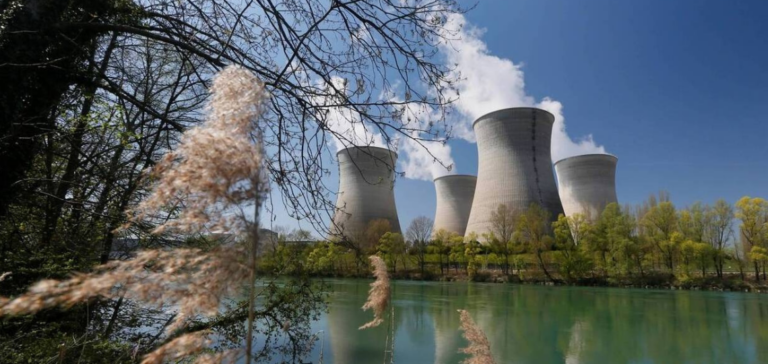The reform of nuclear safety in France, currently in the formal consultation phase, is raising major concerns among experts and trade unionists alike. This reform provides for the merger of the Autorité de sûreté nucléaire (ASN) and the Institut de radioprotection et de sûreté nucléaire (IRSN) by January 1, 2025. This project was already rejected by Parliament last May, but is still on the government’s agenda.
Union and political opposition
François Jeffroy of the CFDT, representing the IRSN inter-union group, voiced his concerns at a press conference at the French National Assembly. It criticizes the speed of the consultation process, believing that the government is seeking to
“merge at all costs
The bill, unveiled on November 6, requires opinions from the various commissions by November 30, leaving little time for in-depth evaluation.
Concerns surrounding the ASN/IRSN merger
The Unsa-Spaen and SNPTES-Unsa unions on the Conseil national de l’enseignement supérieur et de la recherche (CNESER) have also expressed their dismay at this hasty decision. They point to the lack of informed deliberation, calling into question the effectiveness of this consultation. In addition, Gérard Leseul, Member of Parliament for Seine-Maritime, spoke of the uncertainties raised by this bill, particularly concerning the future involvement of private players in the operation of small nuclear reactors.
Lack of clarity and consultation
Névéna Latil-Querrec, CGT representative on the IRSN intersyndicale, emphasized the lack of clarity on the objectives and expected results of this merger. In fact, it also highlighted the grey areas concerning the public information mission of the future nuclear safety entity.
The Importance of Independent Expertise
The IRSN trade union, supported by experts and elected representatives, is firmly opposed to this reform. In addition, they defend the independence of expertise, a pillar of the ASN/IRSN dual system inherited from the lessons of Chernobyl. These criticisms were relayed during a meeting with the cabinet of the Minister for Energy Transition.
This nuclear safety reform, characterized by its speed and lack of clarity, is facing strong, well-argued opposition. Experts, trade unionists and elected representatives point to the potential risks to the independence of nuclear expertise and public safety. The situation calls for a thorough reassessment and more inclusive consultation to ensure an informed and responsible decision.






















